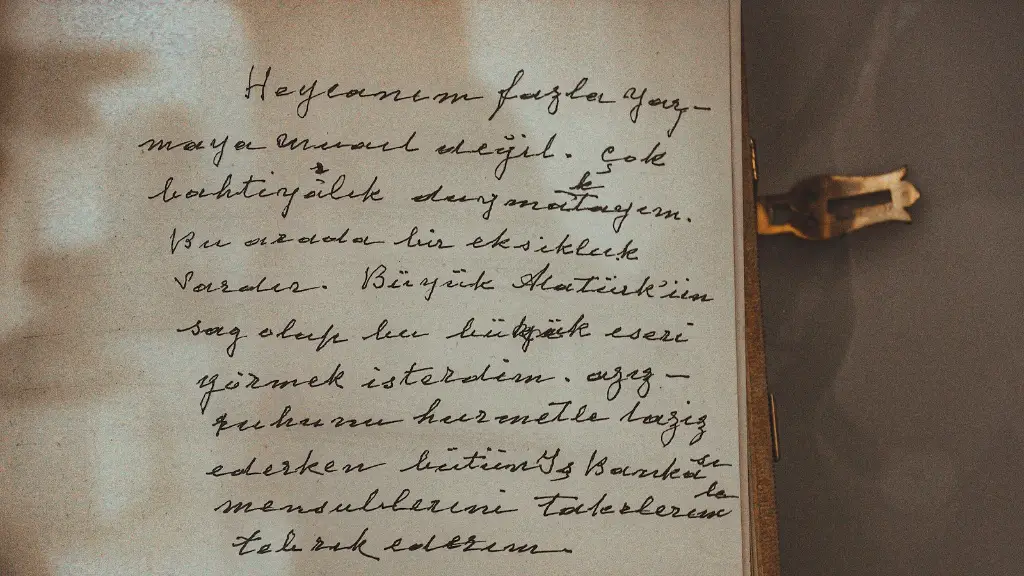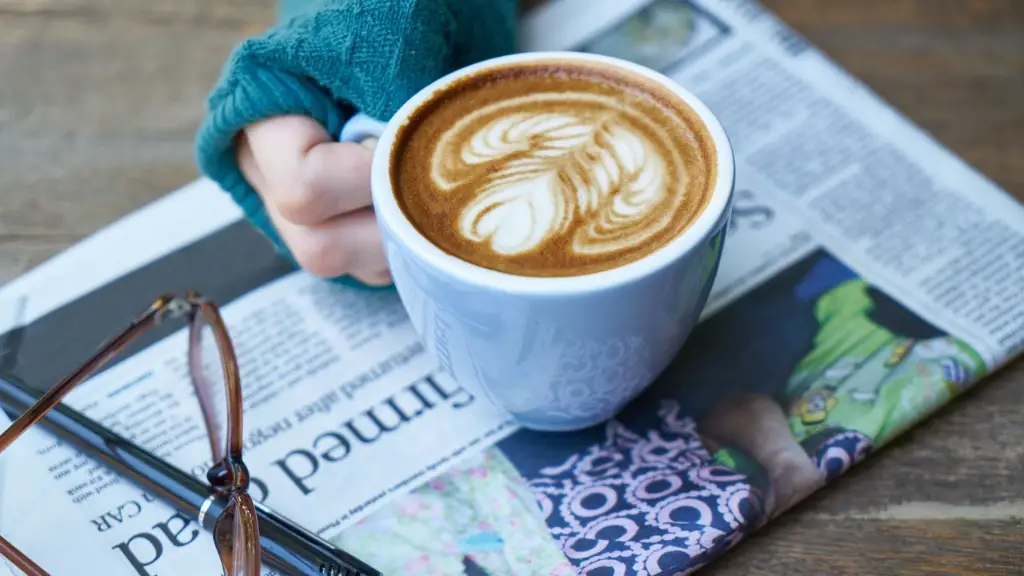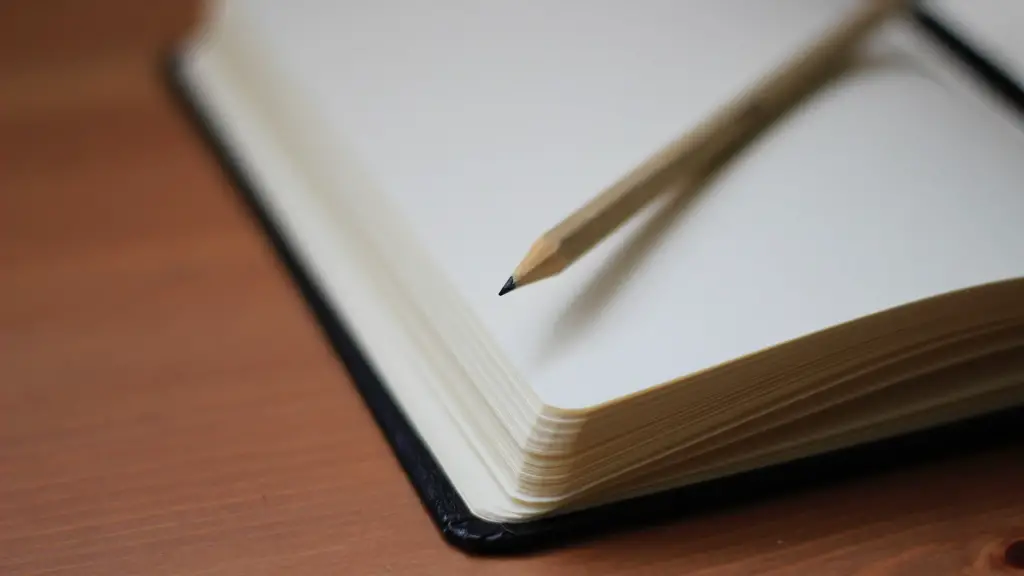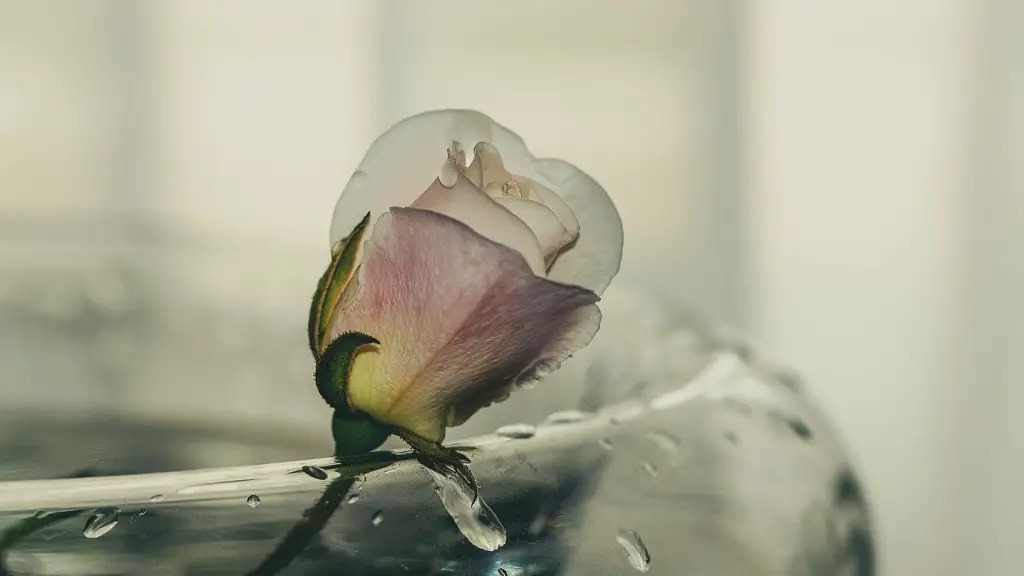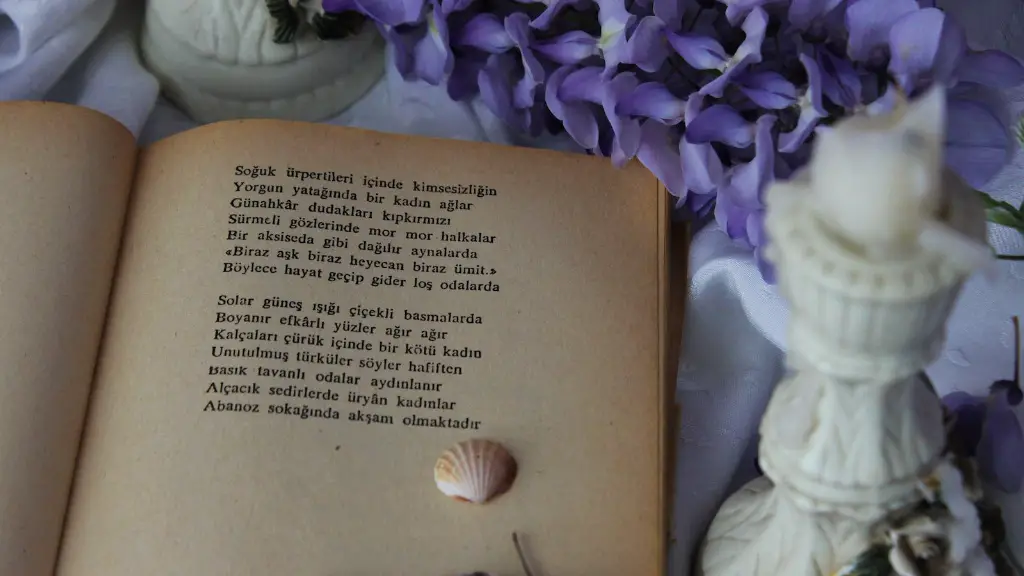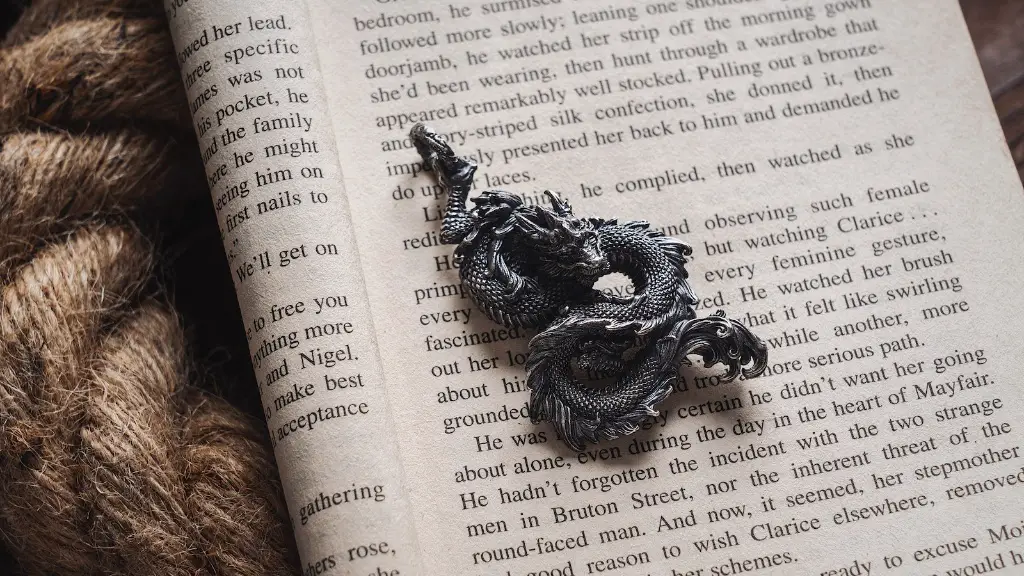Art takes many forms – from traditional mediums such as painting and sculpture, to more abstract creations like performances and digital art. One art form that often gets overlooked, however, is poetry.
Poetry is an ancient form of creative expression that has been used to communicate emotions and thoughts for generations. A poem can evoke intense feelings with few words, and is the perfect way to explore themes and ideas in depth.
Like all forms of art, poetry has many different styles and approaches. From traditional forms like sonnets and elegies to more daring styles like free verse and slam poetry, there are countless ways to create unique and captivating works of art.
Many poets use visual elements, such as line breaks and nuanced language, to convey their message. Poetry can express sorrow, joy, anger, and any emotion in between – all in just a few lines. It is no wonder that a well-crafted poem has the ability to evoke powerful responses from readers.
In addition to its emotional impact, poetry can be a powerful tool for self-discovery and creativity. By exploring and experimenting with different styles, poets can find a medium that best suits their voice and message.
One of the greatest advocates of poetry is the American Poet Laureate Natasha Trethewey. She believes that poetry can “persuade, not just question or bear witness, but to prod readers to think in a new way…to feel a new way.” Poetry is an effective way of reaching people – especially those who may not have an affinity for traditional forms of art.
Poetry can also be political. Poets have long used their craft to confront oppressive regimes and advocate for social change. Poet Warsingha Timsina uses poetry to challenge inequalities in female representation, racism, and poverty in Nepal. Others, such as Katherine Du, take a more subtle approach, engaging with audiences in a way that encourages critical thinking and open conversation.
The History of Poetry
Poetry has a long history, stretching back centuries. Poetry began as oral tradition, passed down to generations through storytelling and song. While popular poets like Homer, Virgil, and Shakespeare helped to shape the genre, there were countless anonymous bards and troubadours who developed their own techniques and styles to create timeless works of art.
Throughout the centuries, poets have experimented with different forms, from the Haiku of Japan, to the oral narratives of African storytelling. Today, poets still hone their craft to create modern works of art, using the power of language to explore new perspectives and emotions.
The Power of Poetry
Poetry’s power lies in its ability to communicate deep and complex emotions with few words. It can be used to explore both personal and political issues, and brings a unique perspective to any discussion.
The performance aspect of poetry adds an extra layer of dynamism and energy to any poem. Slam poets electrify audiences with intense words, while more traditional poets provide delicate yet powerful nuances to their works.
No matter the style, poetry remains an underappreciated art form. It can be a source of immense comfort, a beacon of political hope, or a platform to explore new ideas. Those who appreciate the power of words to move and inspire should take it upon themselves to recognize and celebrate poetry.
The Poetry of Today
The 21st century has witnessed a surge in interest in poetry, as new, digital platforms have made it easier for people to access and share their work with the world.
Poetry slams and open mic nights are wildly popular throughout the world, showcasing an emerging brand of spoken-word artists and poets who perform passionate and daring works. The world of poetry has never been more exciting and vibrant.
At the same time, a literary movement known as the “Instagram Poets” has emerged, tapping into the trend of sharing stories and experiences through photos and words, often accompanied by music to create a cohesive, multimedia experience.
These creative poets are making their mark on the world, providing yet another platform for poets to explore and express themselves.
Conclusion of Poetry and Art
At its core, poetry is a form of art. It takes skill, wit, and creativity to craft a powerful poem. From traditional forms to modern trends, poetry is an ever-evolving form of creativity, one that is bound to surprise and captivate audiences for years to come.
How Poets Can Inspire Us
Throughout the ages, poets have served as a source of inspiration and hope. They challenge us to step outside of our comfort zone, to think differently, and to imagine a brighter future. Poets can teach us to be bold and courageous in our beliefs, and to use our words and stories to make a difference.
In today’s uncertain times, it is more important than ever to recognize the power of words. Poets have an opportunity to touch people’s hearts and minds, to express ideas in a way that no other art form can.
It is essential to celebrate and support the brave men and women who use their voices to speak truth to power, to confront injustice, and to fight for a better world.
The Impact of Poetry
Poetry has an immense capacity to influence and shape societies. Throughout its long history, poets have used their work to ignite passion, spark revolution, and inspire hope. From political manifestos to deeply personal reflections, the impact of poetry can be felt across the globe.
Poetry can also provide a sense of solace and comfort. When life becomes overwhelming and chaotic, poetry can serve as a reminder to stay grounded and true to oneself.
The power of poetry is not to be underestimated. By embracing its many forms and styles, we can uncover new perspectives that teach us to think, act, and live differently.
Finding Joy in Poetry
Maybe the biggest takeaway from poetry is joy. Despite its serious and thought-provoking themes, poetry can bring pleasure and delight to readers. To appreciate the beauty of a sonnet or the wit of a haiku is a unique pleasure, one that has no boundaries or limitations.
Poetry is an art form to be shared and celebrated. From slam poets and Instagram stars to classic poets and anonymous bards, there is a poetic voice out there for everyone. It is up to us to take these opportunities to explore, appreciate, and celebrate poetry.
